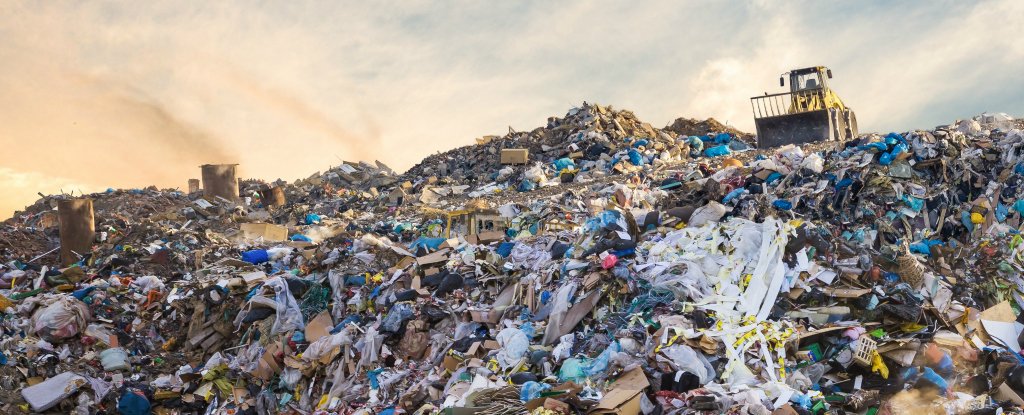Recycling in
the United States is piling up at an alarming speed and no one knows where to
put it.
Up until
recently, that was China's problem. For years, the US offloaded nearly 4,000shipping containers full of recyclables on China's shoulders every day.
But China is
sick of being the world's recycling bin, and by 2020, the country wants no more
foreign waste. In a recent push to fight local pollution, the Chinese
government has enforced a new policy that bans the import of 24 types of solid
waste, including most forms of paper and plastic.
The changes
came into effect at the start of this year, and ever since, recycling
businesses in the US have been scrambling.
Each year,
the US recycles roughly 66 millions tons of material, and about a third of that
is ultimately sold overseas, mostly to China. Last year, for instance, China
bought up more than half of the scrap materials exported by the US.
But where
will it all go now that China has said "enough"? The reality is,
there are few places around the world that can take on that much recycling.
And it's not
just the US that is looking for somewhere to offload the trash. Recyclers in
Canada, Australia, Britain, and some parts of Europe have all been affected by
China's new policy.
Since 1992,
China and Hong Kong have taken 72 percent of all plastic waste in the world.
Finding a replacement for that kind of contribution will not be easy.
"There is no single and frankly, probably not even a group of countries, that can take in the volume that China used to take," Adina Renee Adler of the Washington-based Institute of Scrap Recycling Industries told phys.org.
It's the
truth. Not even Indonesia, Vietnam or India are capable of taking on what China
once did. By 2030, a 2018 study estimates that the Chinese policy will
ultimately displace 111 million metric tons of plastic waste.
"It's
hard to predict what will happen to the plastic waste that was once destined
for Chinese processing facilities," says co-author Jambeck, who
researchers plastic waste in the ocean at the University of Georgia.
"Some of it could be diverted to other countries, but most of them lack the infrastructure to manage their own waste let alone the waste produced by the rest of the world."
In the US,
the recycling is already starting to pile up. In fact, some facilities are so
overrun that they have stopped sorting through plastic and paper altogether,
and are sending it all to the landfill instead.
And this is
just the start of the problem. To make their 2020 goal, China is taking it up a
notch.
In April
this year, the country announced it would be banning a further 32 types of
scrap metals for import to recycling plants. Each of these bans will reportedly
be introduced incrementally, with half of them starting next year and the rest
taking effect in 2020.
If the US
and other countries around the world cannot figure out a way to recycle their
waste domestically, the problem will only grow more and more insurmountable.
And soon, there might be no reason to use the recycling bin at all.
"Without bold new ideas and system-wide changes, even the relatively low current recycling rates will no longer be met, and our previously recycled materials could now end up in landfills," Jambeck says.

Comments
Post a Comment